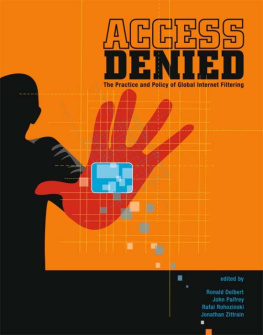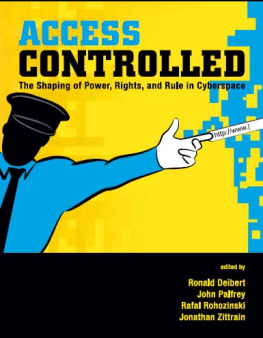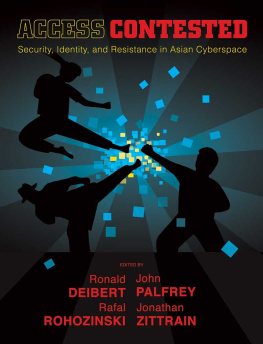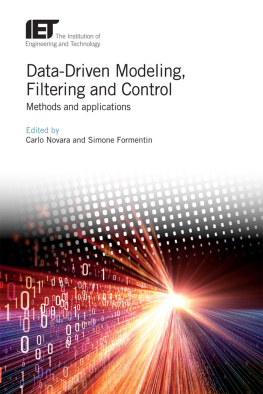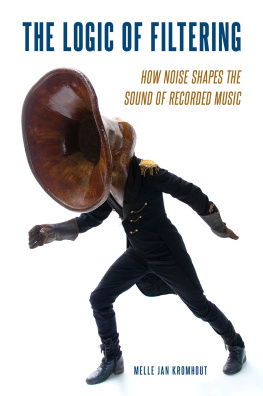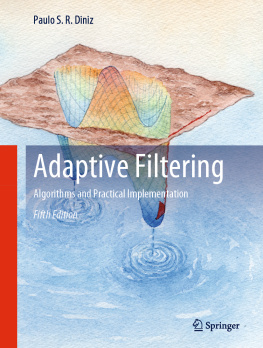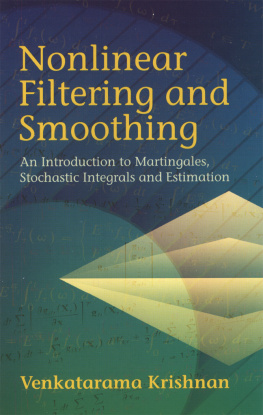
Access Denied
The Information Revolution and Global Politics
William J. Drake and Ernest J. Wilson III, editors
mitpress.mit.edu/IRGP-series
The Information Revolution and Developing Countries
Ernest J. Wilson III, 2004
Human Rights in the Global Information Society
edited by Rikke Frank Jrgensen, 2006
Mobile Communication and Society: A Global Perspective
Manuel Castells, Mirela Fernndez-Ardvol, Jack Linchuan Qiu, and Araba Sey, 2007
Access Denied: The Practice and Policy of Global Internet Filtering
edited by Ronald Deibert, John Palfrey, Rafal Rohozinski, and Jonathan Zittrain, 2008
2008 The President and Fellows of Harvard College
All rights reserved. No part of this book may be reproduced in any form by any electronic or mechanical means (including photocopying, recording, or information storage and retrieval) without permission in writing from the publisher.
For information about special quantity discounts, please
This book was set in Swis721 on 3B2 by Asco Typesetters, Hong Kong.
Printed and bound in the United States of America.
Library of Congress Cataloging-in-Publication Data
Access denied : the practice and policy of global Internet filtering / edited by Ronald Deibert... [et al.].
p. cm. (The information revolution & global politics series)
Includes bibliographical references and index.
ISBN 978-0-262-54196-1 (pbk. : alk. paper) ISBN 978-0-262-04245-1 (hardcover : alk. paper)
1. ComputersAccess control. 2. InternetCensorship. 3. InternetGovernment policy.
I. Deibert, Ronald.
QA76.9.A25.A275 2008
005.8dc22
2007010334
10 9 8 7 6 5 4 3 2 1
Contents
Foreword
Janice Stein
Preface
John Palfrey
Introduction
Jonathan Zittrain and John Palfrey
1 Measuring Global Internet Filtering
Robert Faris and Nart Villeneuve
2 Internet Filtering: The Politics and Mechanisms of Control
Jonathan Zittrain and John Palfrey
3 Tools and Technology of Internet Filtering
Steven J. Murdoch and Ross Anderson
4 Filtering and the International System: A Question of Commitment
Mary Rundle and Malcolm Birdling
5 Reluctant Gatekeepers: Corporate Ethics on a Filtered Internet
Jonathan Zittrain and John Palfrey
6 Good for Liberty, Bad for Security? Global Civil Society and the Securitization of the Internet
Ronald Deibert and Rafal Rohozinski
Regional Overviews
Introduction
Asia
Australia and New Zealand
Commonwealth of Independent States
Europe
Latin America
Middle East and North Africa
Sub-Saharan Africa
United States and Canada
Country Summaries
Introduction
Afghanistan
Algeria
Azerbaijan
Bahrain
Belarus
China (including Hong Kong)
Cuba
Egypt
Ethiopia
India
Iran
Iraq
Israel
Jordan
Kazakhstan
Kyrgyzstan
Libya
Malaysia
Moldova
Morocco
Myanmar (Burma)
Nepal
North Korea
Oman
Pakistan
Saudi Arabia
Singapore
South Korea
Sudan
Syria
Tajikistan
Thailand
Tunisia
Ukraine
United Arab Emirates
Uzbekistan
Venezuela
Vietnam
Yemen
Zimbabwe
Contributors
Index
Foreword
The Internet is the operating system of global politics. Ideas, messages, news, information, and money ricochet around the world in minutes, crossing time zones and borders in real time. Charities, banks, corporations, governments, nongovernmental organizations, and terrorist organizations all use the Internet to do business, to organize, and to speed communications. Internet technology is implicated in almost everything done in world politics today.
But the Internet is not the free operating zone that its early proponents expected. Contrary to conventional wisdom, states have shown an increased willingness to intervene to control communication through the Internet. And they have done so with precision and effectiveness.
At the beginning of the decade, few were aware of the scale of the problem. Advocacy and rights organizations charged that a handful of countries were blocking access to Web sites, but they had little evidence to support their claims. Good empirical knowledge of the scope of the problem did not exist.
Four years ago, a group of scholars at the University of Toronto, Harvard, and Cambridge (Oxford joined later) came together to begin systematic research on patterns of Internet censorship and surveillance worldwide. At the time, the project seemed very ambitious. The researchers proposed to put together a combination of contextual political and legal research and technical interrogations of the Internet in the countries under investigation. It relied heavily on the work of partners working in the countries where governments were engaged in active censorship. The project was extraordinarily challenging; in almost every case, the research implied a direct threat to national security and put researchers personal safety at risk.
The project was ambitious in other ways as well. A transatlantic collaboration among four universities is difficult to manage at the best of times, but the ONI includes dozens of researchers and collaboration with nongovernmental, rights, and advocacy organizations all over the world. The project is also truly interdisciplinary. It involves sociologists, lawyers, international relations scholars, political scientists, and some of the worlds most skilled computer programmers.
From 2003 to 2006, the ONI collaboration paid handsome dividends. It has produced eleven major country reports, reports that revealed a startling trend. States were aggressively finding ways to filter and control access to information for citizens within their borders. The reports were detailed, supported by strong evidence that had an immediate impact on policy worldwide. The ONIs China report was delivered before two U.S. congressional committees and was featured in newspapers and on television around the world. The reports highlighted the embarrassing evidence that major U.S. corporations were implicated in Internet censorship practices. Once, the best and brightest of Silicon Valley were wiring the world; now, they were profiting from their collaboration with governments who were censoring and blocking websites. The ONIs dogged investigations called into question the conventional wisdom about the Internets open architecture.
The significance of the research that ONI has conducted goes beyond its analysis of Internet surveillance and censorship. It speaks to fundamental questions of world politics, its structure, its power relationships, and its new forms of global control and resistance. The essays in this volume engage with all these issues. The editors of Access Denied present not only detailed overviews of their country investigations, but several incisive chapters that probe the legal, theoretical, and political implications of the growth of Internet-content-filtering practices worldwide.
Access Denied tells us unmistakably that the Internet is one of the most importantand most contestedterrains of global politics. It is being fought over by states, civil society organizations, and corporations. The essays in this volume do a superb job of educating us about the new battlefield of global politics.
Janice Gross Stein
Director, Munk Centre for International Politics
Preface
Next page
